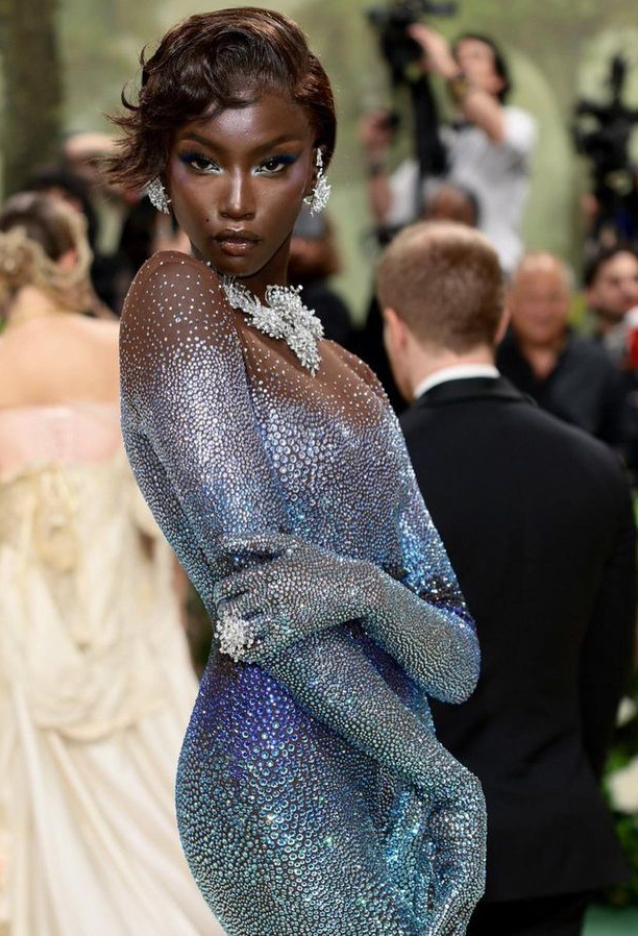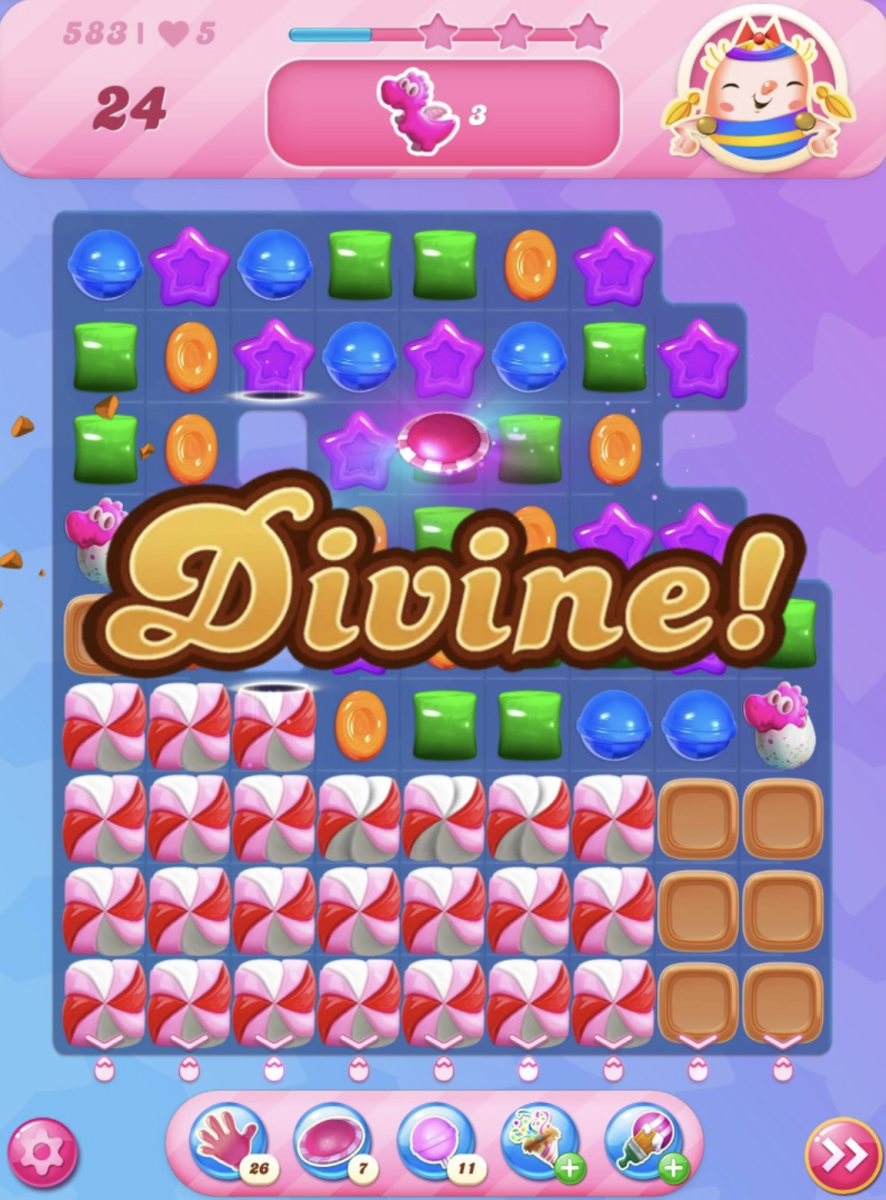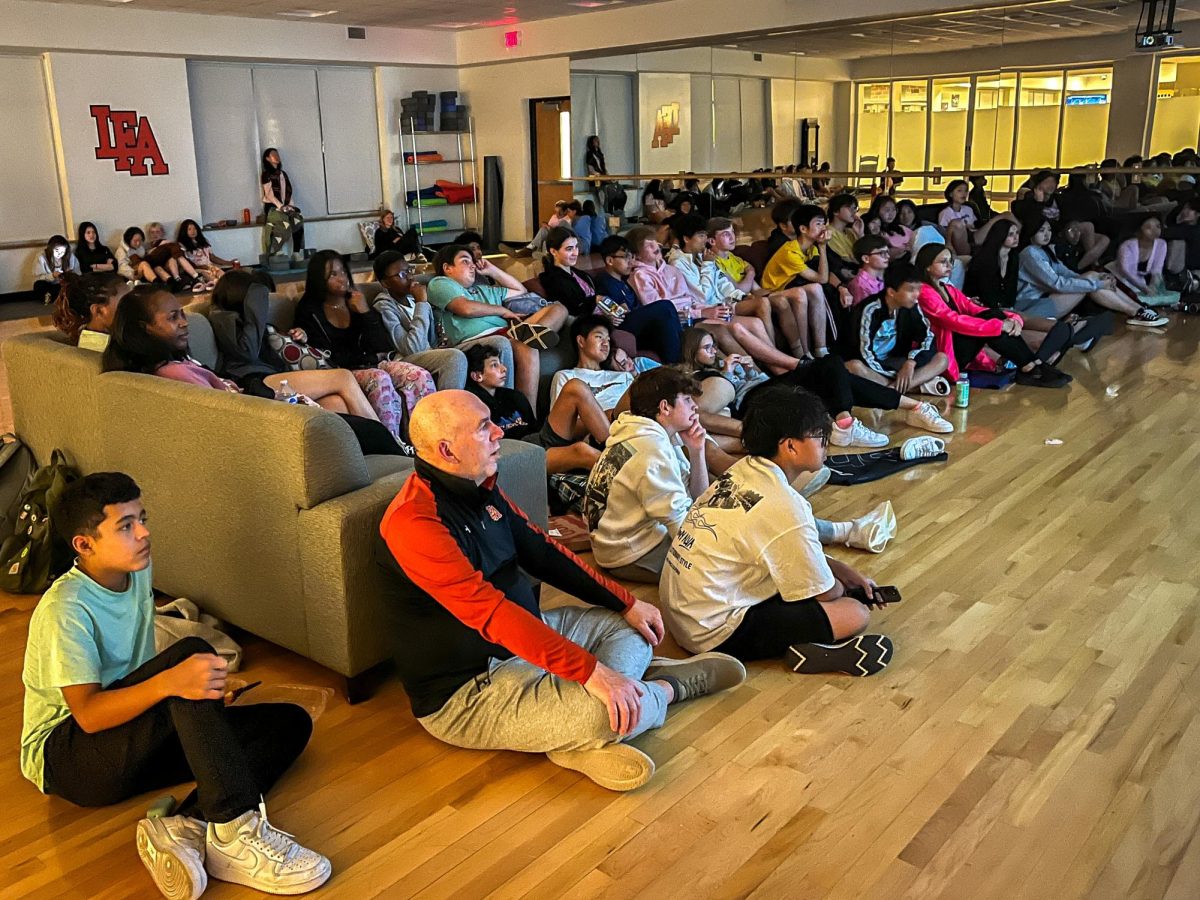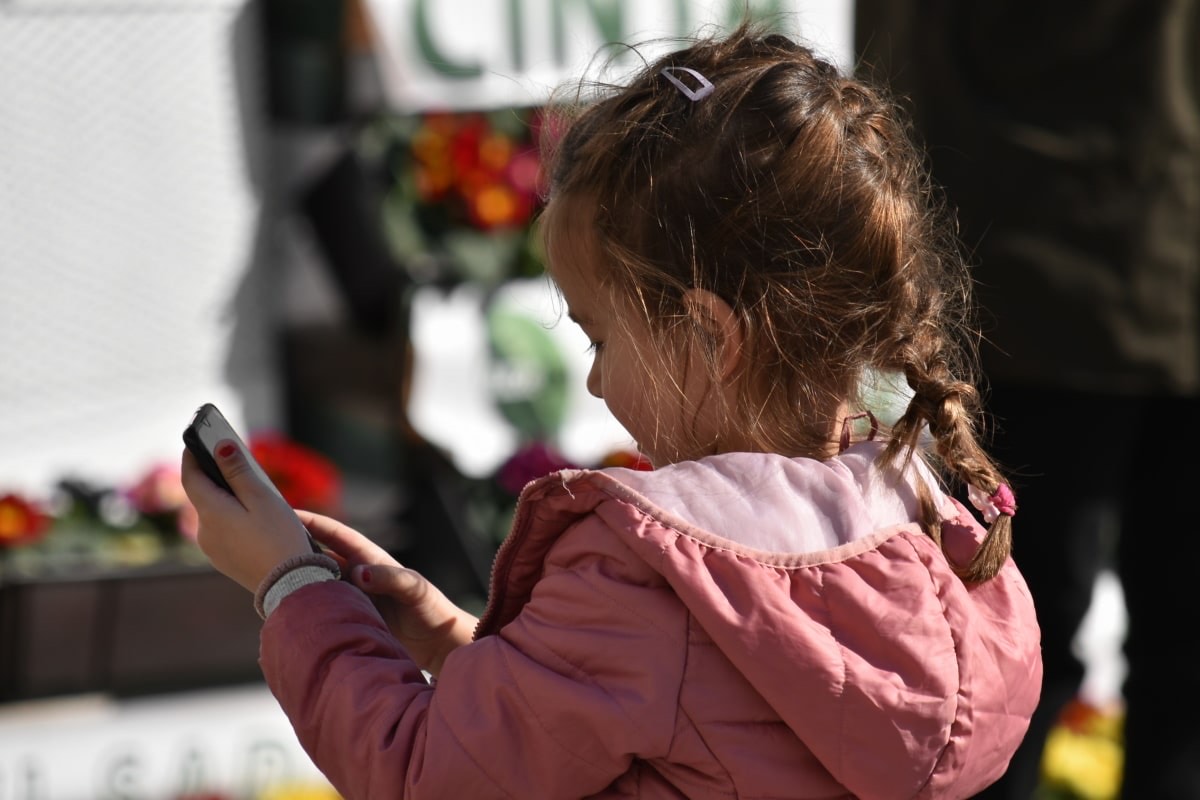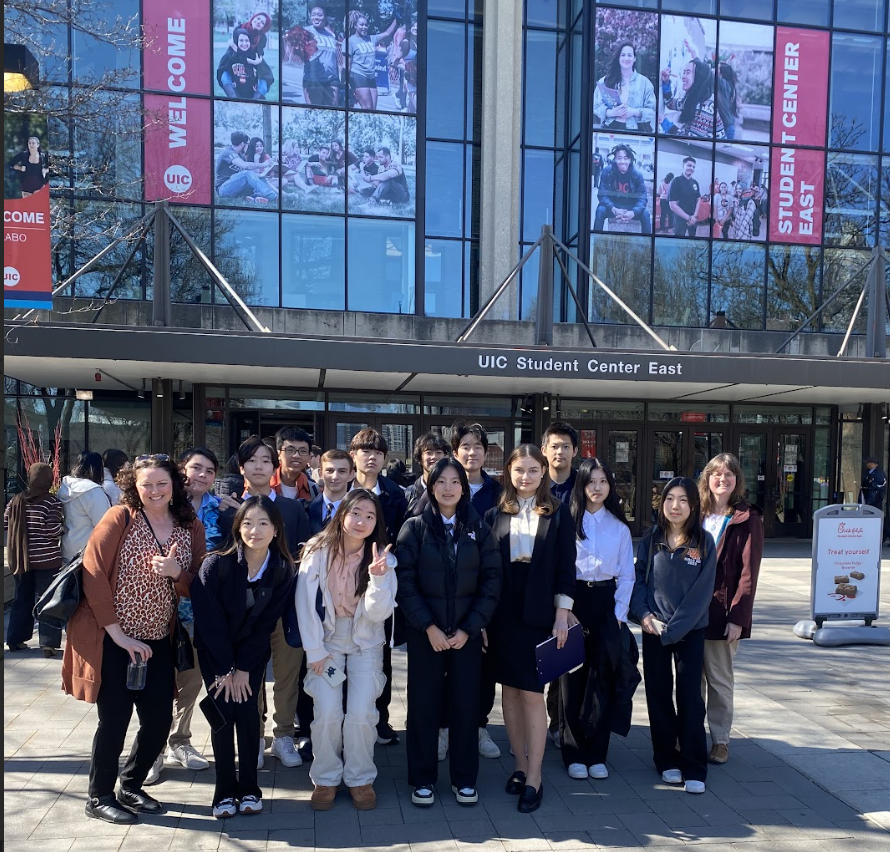In 2005, a 15-year-old Taylor Swift signed a 13-year record deal with Big Machine Records, needing to produce six albums, which later turned into the Taylor Swift, Fearless, Speak Now, Red, 1989, and Reputation albums. As part of the contract, Big Machine Records gained ownership of the masters for these albums while Taylor maintained the publishing rights of all six albums as the primary singer and songwriter. Following the contract, Taylor would be able to buy back the master recordings to her music after a fixed period of time.
Although Taylor had “always planned to buy [her] music back”, the likes of Scooter Braun and Scott Borchetta had other plans in mind. In 2019, Scott Borchetta sold her masters to Scooter Braun’s Ithaca Records without her knowledge or consent, despite Taylor’s frequent objections to having any sort of professional relationship with Braun. Subsequently, Swift announced to the world that she would begin re-recording her first six albums, including ‘From the Vault’ tracks, which are unreleased songs that were written and meant to be on the original album – an idea given to Swift by Kelly Clarkson.
Swift then released Fearless (Taylor’s Version) and Red (Taylor’s Version) in 2021 – which broke the record for the longest song to ever reach #1 on the Billboard Hot 100 Charts, with the 10-minute version of her song All Too Well. Following those releases and her 10th studio album Midnights, both Speak Now (Taylor’s Version) and 1989 (Taylor’s Version) were both announced at Swift’s Eras Tour in 2023.
These records have not only revitalized fan engagement and revisited their connection to her music, they also offer an opportunity for newer Swifties to actually live through the ‘Eras’ that they missed out on the first time around. For Swifties, these re-recordings represent more than just updated versions of beloved songs; they symbolize Taylor’s dedication to her artistry and her fans. Swifties have embraced the re-recordings as a form of empowerment, viewing them as a reclaiming of Taylor’s narrative in the face of industry challenges against women. This sense of agency resonates deeply within Swiftie culture, fostering pride and unity among fans.
These songs and upgraded vocals have sparked a wave of nostalgia among Swifties, transporting them back to pivotal moments in their lives associated with Taylor’s original releases – whether it was having your first boyfriend and listening to Our Song, or going through your first heartbreak and listening to You Belong With Me in your bedroom. The re-recordings serve as a bridge between past and present, allowing fans to revisit cherished moments while also creating new memories with updated renditions of timeless classics.
Moreover, Swiftie culture has been energized by the anticipation and celebration surrounding each re-recorded album release. From coordinated streaming parties to social media campaigns, fans have mobilized to support Taylor’s re-recording project with a new sort of enthusiasm. The #SwiftTok hashtag on TikTok became a place that shelters ridiculous theories, and the hunt for Easter Eggs given from Taylor to her fans – such as the November 26th incident, where Swifties across social media were convinced that Swift was going to announce Reputation (Taylor’s Version) at her concert in São Paulo. However, the theories are not always incorrect. In the late summer of 2023, the #SwiftTok hashtag was filled with videos explaining why people thought Taylor was going to announce 1989 (Taylor’s Version) at the last stop of the US Leg of The Eras Tour on August 9th, which she did accordingly.
Zoe Wolfberg ‘26, who saw the announcement live in Los Angeles said, “Everybody in the crowd was cheering, you can really appreciate how it brings everyone together.”
This continued throughout the album release rollout of her 11th studio album, The Tortured Poets Department. Fans all over social media noted the recurring usage of the number two, and theorized that the number was significant to the album. Two hours after the release, Taylor surprise-released 15 brand new songs, an extension of the standard album, called The Anthology. This confirmed that the repeating number two’s were easter eggs to hint that The Tortured Poets Department is a double album – continuing the rituals emphasized with the re-record process.
The re-recordings have reignited a sense of community within the Swiftie world, making connections between fans around the world who share a common love for Taylor’s music and message. Ultimately, the impact of Taylor Swift’s re-recordings on Swiftie culture transcends the music itself, embodying the passion and collective spirit of a fandom deeply devoted to their favorite artist.







